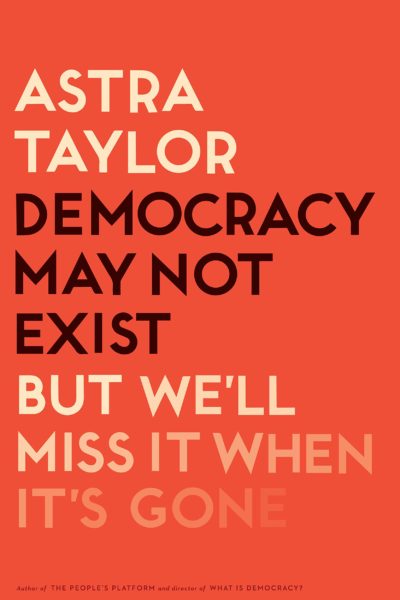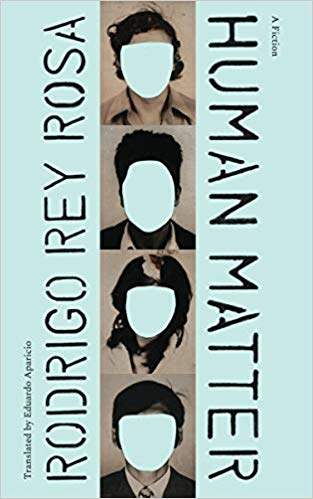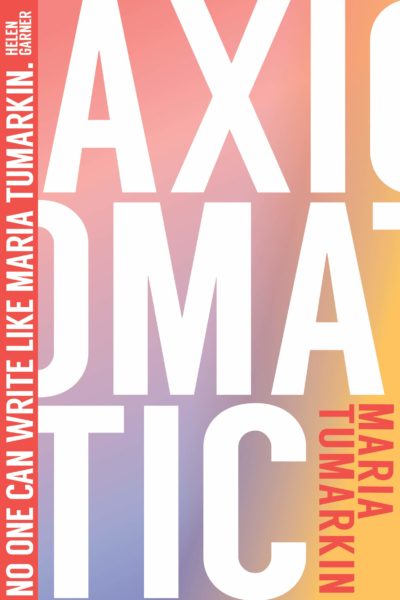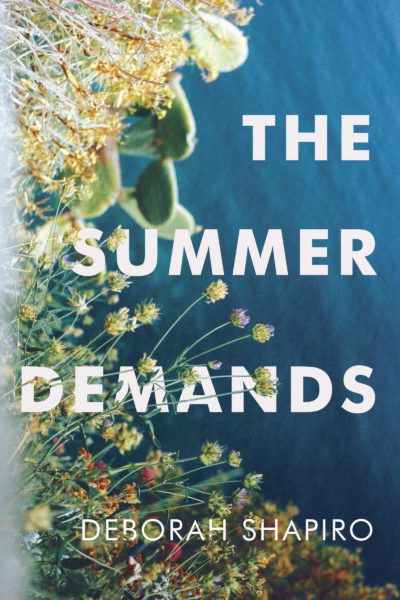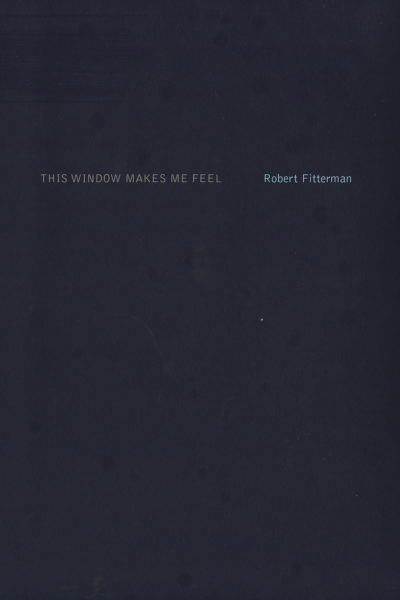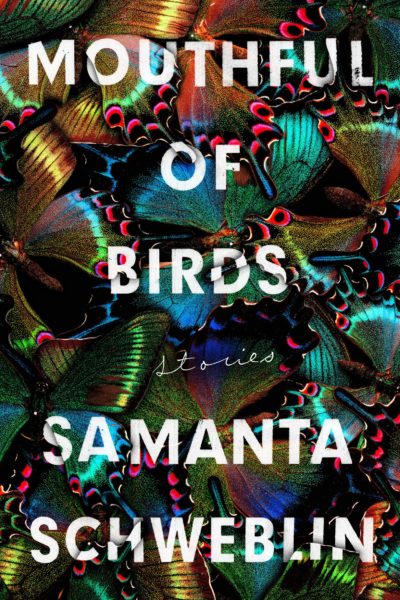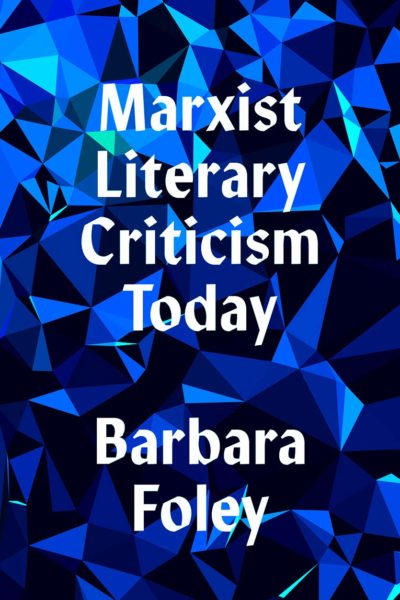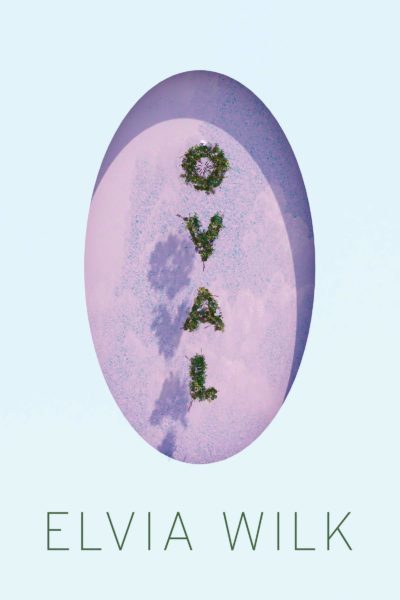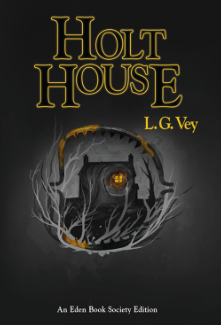Democracy May Not Exist, But We’ll Miss It When It’s Gone – Astra Taylor
Attempts to carry out democracy are thus attempts to sublimate natural human conflicts into cooperatively managed institutions that yield the broadest measure of justice for their constituents.
Human Matter: A Fiction – Rodrigo Rey Rosa
The Guatemalan novelist Rodrigo Rey Rosa might have invented a new way for metafiction to feel.
“What does it take to not be shocked?” In a book that proves Tumarkin to be a clear-eyed excavator of much pain and sorrow in our world, it’s a question that initially provokes some surprise.
The Summer Demands – Deborah Shapiro
The book is “a celebration of cusps.” Those of adulthood; of motherhood; of desire and ambition; of memory and history, and those that that decipher generations.
this window makes me feel – Robert Fitterman
More than a droll sobfest or a gothic howl, the poem is a tragic ode to our age’s wasted potential.
Mouthful of Birds – Samanta Schweblin
The dark suggestion at the heart of MOUTHFUL OF BIRDS is that perhaps the surreal and the strange is in fact the ordinary.
Allegory and Ideology – Frederic Jameson
More than a work of literary criticism, Jameson’s new book shows us that any positive political developments to emerge from globalization will demand a new form of conceptualizing this seemingly unimaginable collection of human beings.
Marxist Literary Criticism Today – Barbara Foley
The message of Marxist criticism has more to offer students striving for change while facing the world.
This is OVAL’s central joke, and also its most cutting observation: in our current age of convenience culture and mass gentrification, what does it take to live an ethical life?
Holt House – L. G. Vey; A Dedicated Friend – Shirley Longford; Judderman – D. A. Northwood
Simply, the question of Dead Ink horror is about that which haunts us and why it haunts us.


